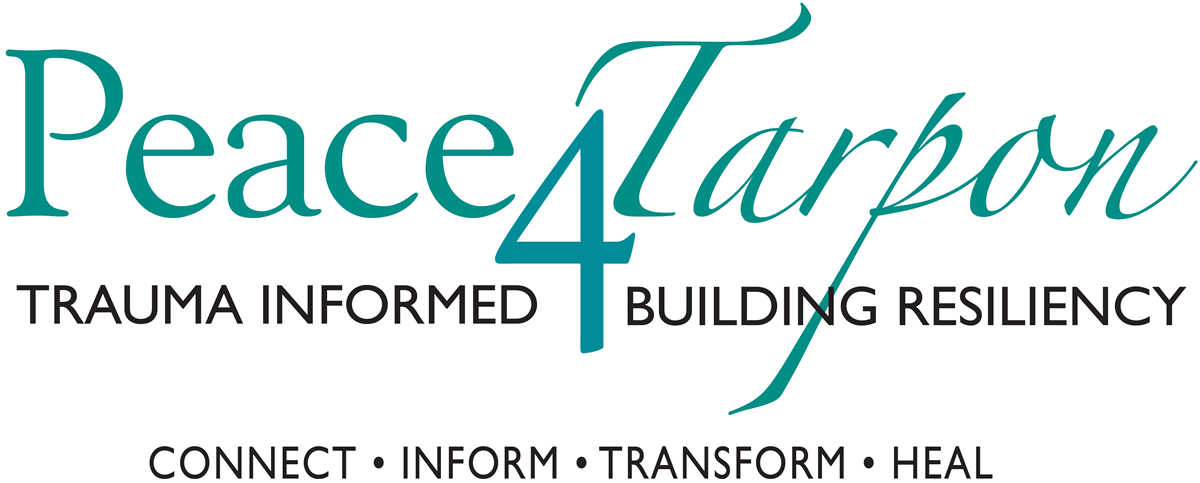What is Trauma?
- Events/experiences that are shocking, terrifying, and/or overwhelming to the individual.
- Cause intense physical and/or psychological stress reactions.
- A single event, multiple events, or a set of events.
- Results in feelings of fear, horror, helplessness.
- Extreme stress that overwhelms the person’s capacity to cope.
- May have lasting effects on a person’s physical, social, emotional, or spiritual well-being.
Do you Know your ACE score?
There are 10 types of childhood trauma measured in the ACE Study. Five are personal — physical abuse, verbal abuse, sexual abuse, physical neglect, and emotional neglect. Five are related to other family members: a parent who’s an alcoholic, a mother who’s a victim of domestic violence, a family member in jail, a family member diagnosed with a mental illness, and the disappearance of a parent through divorce, death or abandonment. Each type of trauma counts as one. So a person who’s been physically abused, with one alcoholic parent, and a mother who was beaten up has an ACE score of three.
There are, of course, many other types of childhood trauma. The ACE Study included only those 10 childhood traumas because those were mentioned as most common by a group of about 300 Kaiser members; those traumas were also well studied individually in the research literature.
The most important thing to remember is that the ACE score is meant as a guideline: If you experienced other types of toxic stress over months or years, then those would likely increase your risk of health consequences.
Get your Ace Score Here!
Now that you’ve got your ACE score, what does it mean?
The CDC’s Adverse Childhood Experiences Study (ACE Study) uncovered a stunning link between childhood trauma and the chronic diseases people develop as adults, as well as social and emotional problems. This includes heart disease, lung cancer, diabetes and many autoimmune diseases, as well as depression, violence, being a victim of violence, and suicide.
The first research results showed that:
- childhood trauma was very common, even in employed white middle-class, college-educated people with great health insurance;
- there was a direct link between childhood trauma and adult onset of chronic disease, as well as depression, suicide, being violent and a victim of violence;
- more types of trauma increased the risk of health, social and emotional problems.
- people usually experience more than one type of trauma – rarely is it only sex abuse or only verbal abuse.
As your ACE score increases, so does the risk of disease, social and emotional problems.
The Importance of Resilience
Resiliency is the ability to overcome challenges of all kinds and come back stronger and wiser. Resiliency is a very personal journey and culture can also have an impact.
Here are some steps you may consider daily to make it more likely that you and the people you care about will bounce back too!
- Make connections. Accept help and support from family and friends or join an interest group. A sense of community, is key, even if you keep a small circle.
- Take action. Rather than shutting down and wishing your problems would go way, act on situations where you have the ability to make changes.
- Look beyond the present. Highly stressful events happen, and you may not be able to stop them but you can change how you respond to them. Look forward to a brighter future where you’re your circumstances have improved.
- Stay hopeful! An optimistic outlook helps you to expect good things will happen in your life.
- Take care of yourself. Engage in healthy activities that make you happy and reduce your stress levels.
- Keep in in perspective. Imagine your situation in a broader context and keep a long term perspective.
- Accept change. Change is a part of life and sometimes adverse situations require us to change our goals. Focus on what you can change.
- Set goals. Ask yourself, “what is one thing I know I can accomplish today that moves me in the direction I want to go?”
